Creation is a book proclaiming the Creator
Knowing Nature gives a more accurate understanding of the Trinity, Incarnation, Redemption, Mystical Body, the Church, Mary, and Man
The beauty of creation reflects the infinite beauty of the Creator and ought to inspire the respect and submission of man’s intellect and will.” (Catechism of the Catholic Church, no. 341)
Since every being and every aspect of being is the effect of God’s creative or conservative action, God’s power and exercise of that power is present to and in everything to the very depths of its reality. Where anything, therefore, is, God must be. God, therefore envelops all reality, since he himself is the source of all that is real….” (The Holy Spirit, Father Edward Leen).
St. Francis’s preaching to the birds and the wolf of Gubbio is grounded in one insight: all creatures are united in the depths of their ”being” by the fact of being creatures.
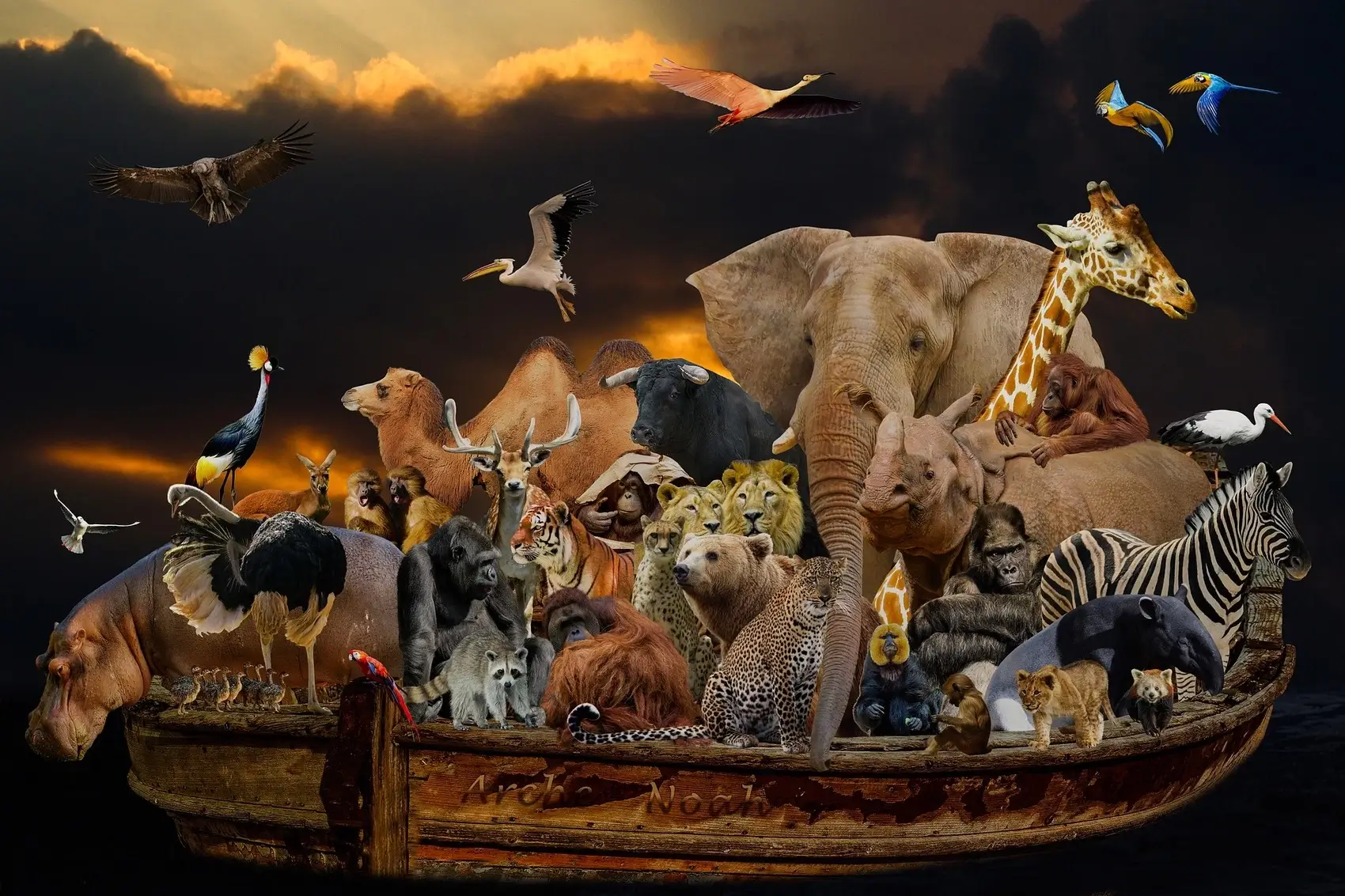
Francis of Assisi’s brotherhood and sisterhood of all creatures is a sacramental vision and understanding that every creature, including oneself, is a sacrament of the love of God. The recognition of the other as a creature and, therefore; that which exists because it is loved by God cannot occur where the other is regarded as “it.”
He distinctively permits and actually concurs with every exercise of thinking, loving, or acting. This influx and concourse of God, as theologians style it, ought to give to us all our lives long the sensation of being in an awful sanctuary, where every sight and sound is one of worship. Everything is penetrated with God….” (The Creator and the Creature, Catholic theologian, F.W. Faber).
It is said of Saint John of the Cross, the Church’s greatest mystical theologian, that he beheld “in creation a trace of the divine beauty, power, and loving wisdom, [so that he] could not easily resist the enchantment of nature.”
Faith and knowledge of the order of creation are necessary to understand the world, as well as a range of subject areas such as arts and science, the economy and politics. We are never really outside of God nor He outside of us.
Natural Law
Starting from the premise that good is what primarily falls under the apprehension of the practical reason—that is of reason acting as the dictator of conduct—and that, consequently, the supreme principle of moral action must have the good as its central idea, he holds that the supreme principle, from which all the other principles and precepts are derived, is that good is to be done, and evil avoided.
Founded in our nature and revealed to us by our reason, the moral law is known to us in the measure that reason brings a knowledge of it home to our understanding. The question arises: How far can man be ignorant of the natural law, which, as St. Paul says, is written in the human heart (Romans 2:14)
As the fundamental and all-embracing obligation imposed upon man by the Creator, the natural law is the one to which all his other obligations are attached. The duties imposed on us in the supernatural law come home to us, because the natural law and its exponent, conscience, tell us that, if God has vouchsafed to us a supernatural revelation with a series of precepts, we are bound to accept and obey it. The natural law is the foundation of all human law inasmuch as it ordains that man shall live in society, and society for its constitution requires the existence of an authority, which shall possess the moral power necessary to control the members and direct them to the common good. Human laws are valid and equitable only in so far as they correspond with, and enforce or supplement the natural law; they are null and void when they conflict with it.
The United States system of equity courts, as distinguished from those engaged in the administration of the common law, are founded on the principle that, when the law of the legislator is not in harmony with the dictates of the natural law, equity (æquitas, epikeia) demands that it be set aside or corrected. St. Thomas explains the lawfulness of this procedure. Because human actions, which are the subject of laws are individual and innumerable, it is not possible to establish any law that may not sometimes work out unjustly. Legislators, however, in passing laws attend to what commonly happens, though to apply the common rule will sometimes work injustice and defeat the intention of the law itself. In such cases it is bad to follow the law; it is good to set aside its letter and follow the dictates of justice and the common good
wisdom was hidden in things from the foundation of the world
Become Part of Catholic Principle to Further Your Knowledge.
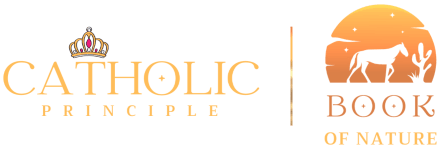





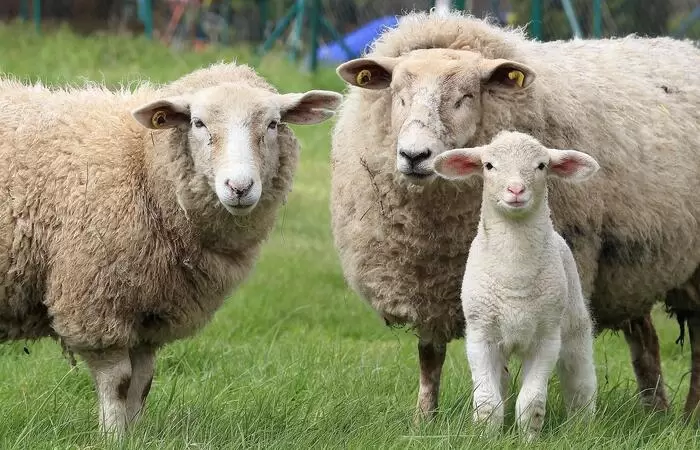
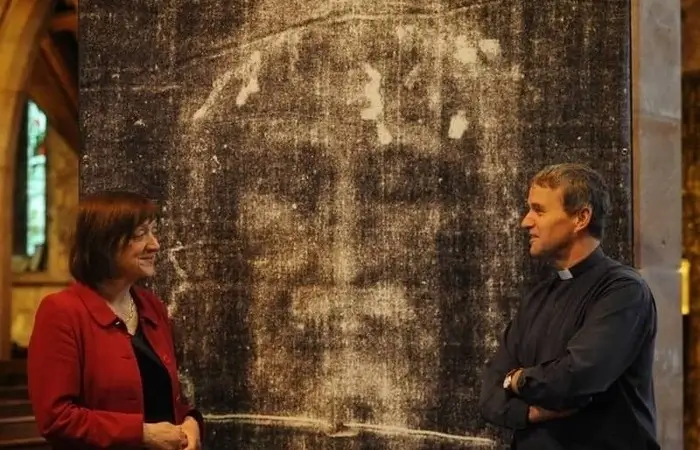
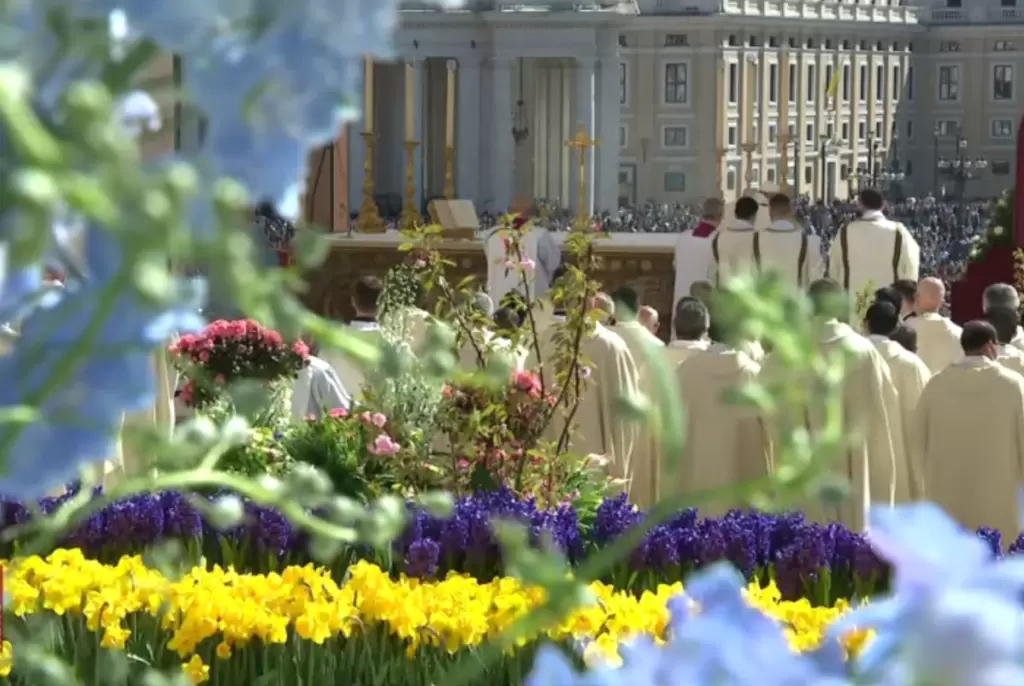
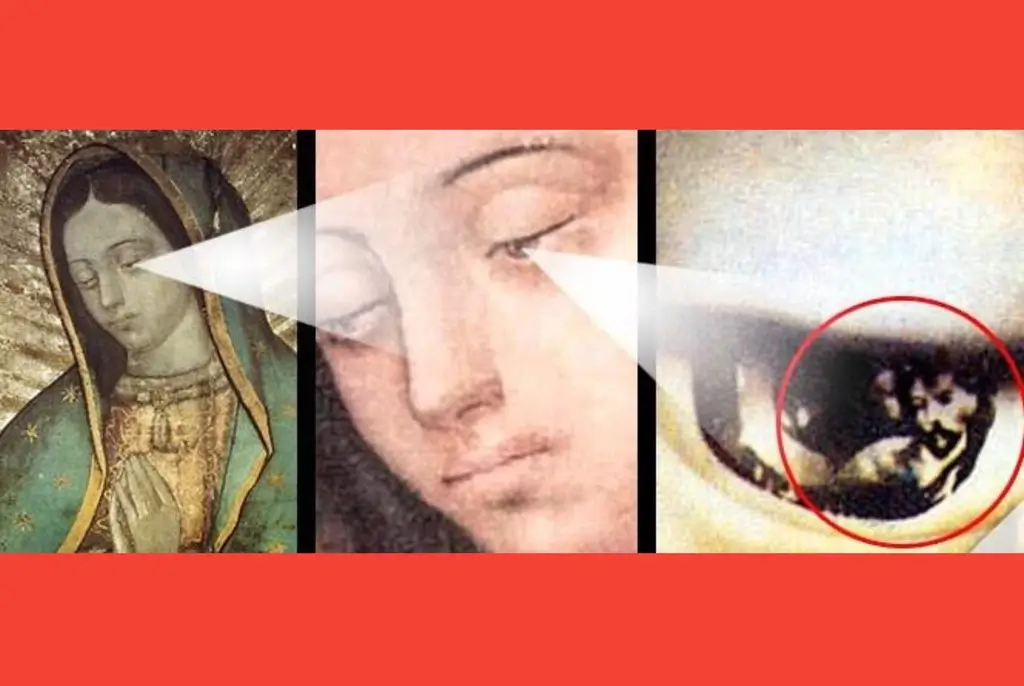





Leave A Comment